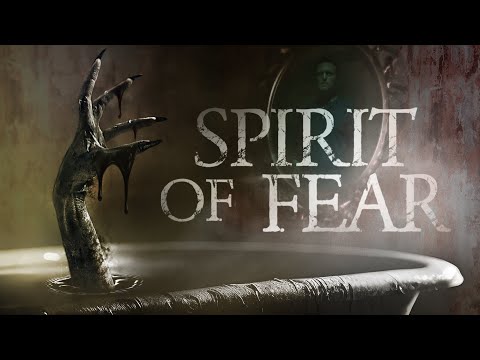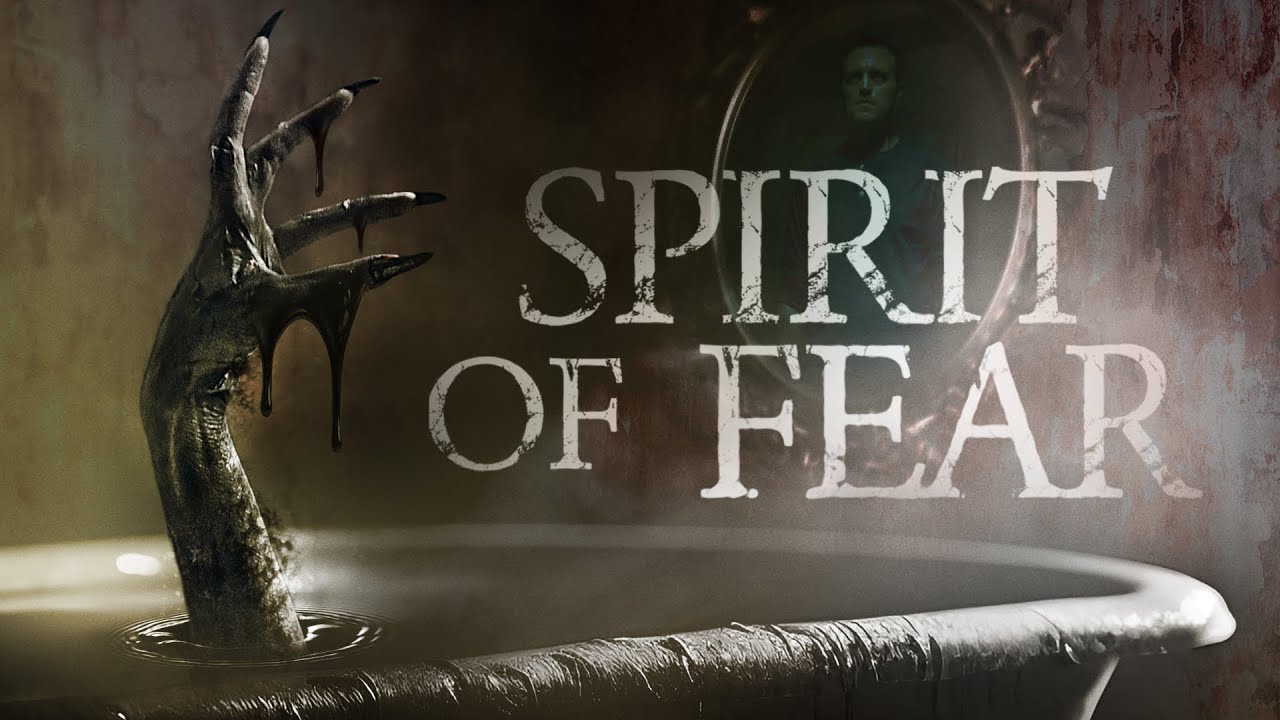The spirit of fear is a captivating and thought-provoking concept that delves into the depths of human emotions and psychology. It represents an intangible force, a profound sensation that can grip our hearts and minds, paralyzing us with its overwhelming presence. This enigmatic entity possesses the power to cloud our judgment, hinder our progress, and stifle our potential. Fear is the catalyst that ignites our fight or flight response, shaping our decisions and actions. It infiltrates every aspect of our lives, seeping into our relationships, careers, and aspirations, acting as a formidable barrier between us and our desires. Understanding the root causes and consequences of this spirit of fear is crucial in our quest for personal growth and fulfillment. By unraveling its complex nature, we gain the tools to conquer our fears, to rise above our limitations, and to embrace a life filled with courage and resilience. Join us in exploring the labyrinthine corridors of the human mind, as we seek to comprehend the spirit of fear that haunts us all, and discover the transformative power that lies within us to overcome it.

The Spirit of Fear
| Aspect | Description |
|---|---|
| Definition | The spirit of fear refers to a psychological and spiritual phenomenon characterized by an intense feeling of apprehension, anxiety, or dread, often triggered by the perception of danger, threat, or the unknown. |
| Manifestations | This spirit can manifest in various ways, such as panic attacks, phobias, nightmares, social anxiety, excessive worrying, and a constant sense of unease or restlessness. |
| Causes | Fear can stem from traumatic experiences, childhood conditioning, genetic predispositions, or a combination of these factors. Additionally, negative thought patterns, low self-esteem, and a lack of spiritual grounding can contribute to the presence and influence of the spirit of fear. |
| Effects | The spirit of fear can significantly impact an individual’s mental, emotional, and physical well-being. It can hinder personal growth, limit opportunities, and strain relationships. Chronic fear can also weaken the immune system, leading to various health problems. |
| Overcoming | Overcoming the spirit of fear requires a holistic approach. This may involve therapy, counseling, self-reflection, and spiritual practices like meditation, prayer, or affirmations. Building resilience, cultivating positive thinking, and engaging in activities that promote self-confidence and empowerment are also crucial in breaking free from the grasp of fear. |
“Embracing Shadows: Unveiling the Unseen Forces Within”
The Spirit of Fear: Understanding its Power and Influence
Fear is a primal emotion that has been hardwired into our brains as a survival mechanism. It alerts us to potential danger and enables us to respond appropriately. However, when fear becomes excessive and irrational, it can take the form of a spirit of fear. This spirit of fear goes beyond the natural instinct and can have a profound impact on our lives. In this article, we will explore what exactly the spirit of fear is, its manifestations, and how to overcome its grip on our lives.
1. Definition and Characteristics of the Spirit of Fear
The spirit of fear is characterized by an overwhelming sense of dread, anxiety, and apprehension that goes beyond what is considered normal. It is not rooted in any specific threat or danger but rather a general feeling of unease and impending doom. This spirit can take hold of an individual’s thoughts, emotions, and behaviors, leading to a constant state of fear and worry.
It is important to differentiate the spirit of fear from normal fear responses. While fear can be a healthy response to real threats, the spirit of fear does not have a specific cause and can be triggered by even the smallest of stimuli. It often manifests as irrational phobias, panic attacks, and obsessive-compulsive behaviors.
2. Causes and Origins of the Spirit of Fear
The spirit of fear can have various causes and origins, making it a complex and multifaceted issue. One common cause is traumatic experiences, such as accidents, abuse, or witnessing violence, which can leave a lasting impact on an individual’s psyche. These traumatic events can create a deep sense of vulnerability and trigger the spirit of fear.
Additionally, the spirit of fear can be inherited through generational patterns. If our parents or ancestors experienced chronic fear or anxiety, it can be passed down through the generations, influencing our own predisposition to fear. Environmental factors, such as living in a high-crime area or constantly being exposed to negative news, can also contribute to the development of the spirit of fear.
3. Effects of the Spirit of Fear on Mental and Physical Health
The spirit of fear can have devastating effects on an individual’s mental and physical health. Constant fear and anxiety can lead to chronic stress, which can weaken the immune system, disrupt sleep patterns, and increase the risk of developing various health conditions, including heart disease and digestive disorders. The constant state of alertness and hyper-vigilance can also lead to exhaustion and burnout.
Furthermore, the spirit of fear can severely impact an individual’s emotional well-being. It can lead to feelings of isolation, low self-esteem, and a diminished quality of life. Relationships may suffer as fear can make individuals withdraw and avoid social interactions. It can also hinder personal growth and prevent individuals from pursuing their dreams and aspirations.
4. Overcoming the Spirit of Fear
While the spirit of fear can be debilitating, it is not insurmountable. There are various strategies and techniques that can help individuals overcome this powerful force:
1. Recognize and acknowledge the fear: The first step in overcoming the spirit of fear is to acknowledge its presence and understand its impact on your life. By recognizing that fear is not your identity and that it is separate from who you truly are, you can begin to regain control.
2. Seek support: Reach out to trusted friends, family members, or professionals who can provide support and guidance. Joining support groups or seeking therapy can be immensely helpful in navigating the complexities of the spirit of fear.
3. Challenge irrational thoughts: The spirit of fear often feeds on irrational thoughts and beliefs. Learn to challenge these thoughts by examining the evidence and questioning their validity. Replace negative self-talk with positive affirmations and empowering beliefs.
4. Practice relaxation techniques: Engage in relaxation techniques such as deep breathing, meditation, or yoga to calm your mind and body. These practices can help reduce the physical symptoms associated with fear and anxiety.
5. Gradual exposure therapy: Gradual exposure to feared situations or objects can desensitize you to the triggers of fear. Start small and gradually increase the level of exposure, allowing yourself to confront and overcome your fears in a controlled manner.
5. Cultivating a Spirit of Courage and Resilience
To truly overcome the spirit of fear, it is essential to cultivate a spirit of courage and resilience. This involves embracing uncertainty and accepting that fear is a natural part of life. By facing our fears head-on and taking calculated risks, we can build our confidence and develop resilience in the face of adversity.
Remember, the spirit of fear may be powerful, but it does not have to define us. By understanding its origins, effects, and implementing effective strategies, we can break free from its grip and live a life filled with courage, joy, and peace.

